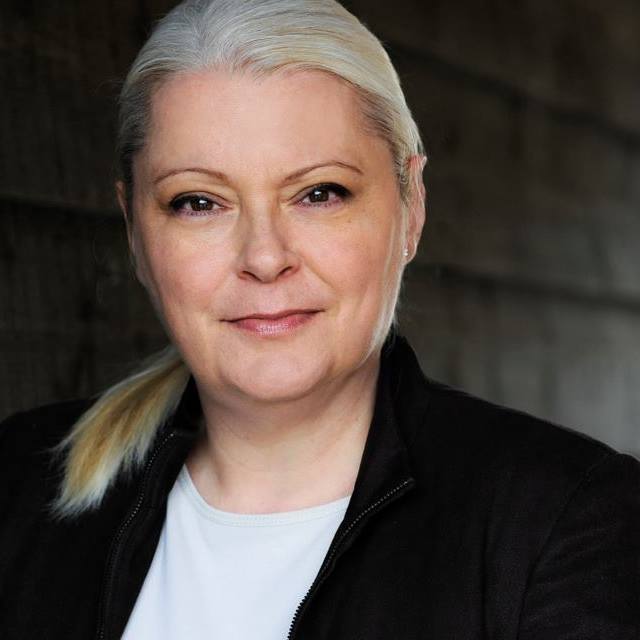I first learnt about reasonable adjustments when trying to stop my son's school from excluding him because of his challenging behaviour, almost four years ago. The daily stress was exhausting and frustrating as we desperately tried to persuade them to support rather than exclude him. Looking back, I can see that we were fighting for the most difficult of reasonable adjustments, which costs nothing. A change in mindset.
There were many reasons given as to why reasonable adjustments could not be made. Cost, time, and availability of staff. There was even the view of not wanting to give allowances or "special treatment" in comparison to the other children.
I wonder how different things would have been if they realised that the biggest, and most impactful change, was a change in their own perspective. Viewing my son's behaviours as something other than him being naughty or out of control. How different it would have been if they had been open to exploring what was possible rather than forcing us into a corner where we had no option but to fight the exclusion.
Without the emotional battering we could have focused on my son's needs and making informed decisions. We most likely still would have left the school, but without the guilt and shame that we were made to feel when our son's behaviours became increasingly challenging.
I know that we are not the only ones. I know of many parents with similar battles, and struggling against a negative mindset is a common theme in their stories. The parents blamed for their children's behaviour, the teachers unwilling to consider even the simplest of reasonable adjustments, and the children accused of willfully acting up.
In fact, this is not something that it limited to schools and education. It carries on into the workplace, and the society around us.
People discounted for being different, or excluded because they don't fit someone else's definition of success. Written off for not being sociable and outspoken, struggling to be a team player and being difficult to get along with. Behaviours are judged without understanding and terms like "lacking gravitas" and "not being a cultural fit" are used as generic reasons for saying no.
In many of these cases making reasonable adjustments could lead to a different outcome and a different set of behaviours. This could include training, changes to the workplace environment and support in difficult situations. If only people could see what could be possible if we approached common activities a little differently.
My son is an example of how little changes can make a major difference. In a more understanding environment, his behavioural issues virtually disappeared overnight. He went from being physically isolated from the other children in his class and refusing to participate in any lessons, to having friends he regularly plays with at school and being a voracious reader with a love of Maths & Science. We have a long way to go for him to make up for the two years that he missed out on, but we have made great strides. If only the first school had been more open to considering what might be possible, and we didn't have to fight so hard to bring about the changes he needed.
I am also an example of the changes that is possible. I now regularly talk to colleagues, clients and managers about being autistic, and discussing the situations that I find difficult. Talking about how to do things differently is now a regular part of my conversations, and it has made a huge difference in the workplace. However it doesn't always work.
The reality though is that without a changing mindset, the likelihood of anyone being willing to consider any reasonable adjustments is low.
Changing mindsets
I am just beginning to learn about what it takes to start changing mindsets, and I know that that I still have much to learn about this. I also know that this is the most challenging thing of all. From the conversations I have had with teachers, colleagues and carers of autistic children I believe that changing mindsets starts with the following.
Establish relationships. It is much easier to get people onside when you have taken the time to invest in the relationship. Whether it is finding ways to help out at school or putting in time with colleagues to help them with their own problems, this extra effort can pay huge dividends when you most need it.
Enlist help. This could be other parents, local support groups, colleagues or charities. It is easier to bring about change when a larger group of people are calling for the change, and the support of additional people around you can help you keep going through the tough times. There are also some great coaches like Genius Within and Creased Puddle who can provide support to people in work, and many charities and organisations who can provide advise to those who are struggle to enlist the support that they need.
Highlight the benefits. Showing how embracing the change could be beneficial for others will help win them over. Whether it is highlighting to a teacher how some of the reasonable adjustments could be beneficial for other children in the class, or highlighting to team members how a change in working style could bring about better results for the team.
Share examples of success. Sharing examples where changes have been successfully implemented elsewhere can help to reduce the resistance to change. Talk with other families, charities or organisations to find examples of success cases that you can reference to build your own case for change.
Prepare to be challenged. Not everyone is going to agree, no matter what you try. Be prepared to be challenged, and use your support network to help you through the challenging times. Often persistence and perseverance are the only ways to keep moving forward until you find an alternative way to work around the people standing in your way.
Sometime it is so tempting to step back and say "this is too hard". I know that I often feel that way. At times like that I remind myself of why I am doing this, and take comfort in the fact that I am not alone.
I believe that we will change mindsets, both individually and collectively. For me there is no other option.


